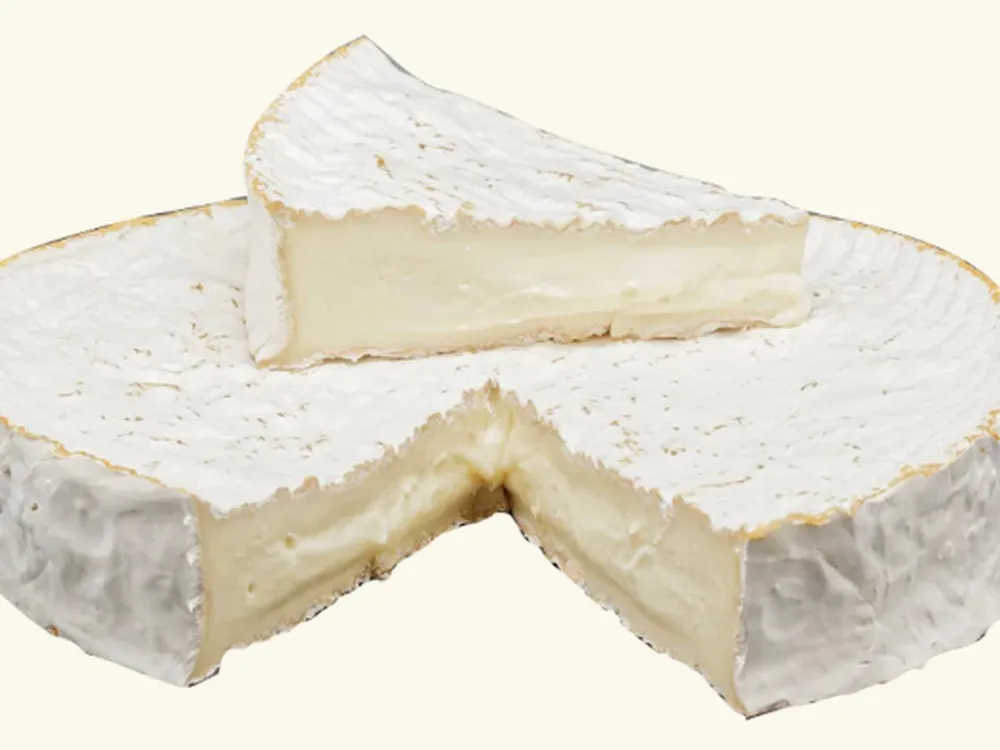
Can You Eat Brie Cheese While Pregnant?
It’s hardly news to anyone that pregnancy is one of those times when women feel a little bit cautious about the food they put in their mouths. Although generally safe, some soft cheese can contain listeria.
Listeria is a bacteria at the heart of many foodborne illnesses and can potentially harm the fetus. Pasteurization kills off the bacteria found in raw milk, so any cheese made with pasteurized milk is considered safe to eat, as long as it is stored in sanitary conditions. As such, it's best to avoid unpasteurized Brie cheese during pregnancy.
The rind of Brie cheese is also edible, adds a contrasting texture to the interior, and is perfectly safe to consume during pregnancy, although you should always double-check the label to ensure the cheese is made from pasteurized milk
Brie provides added benefits to pregnant women beyond its inherent taste. It’s high in calcium, a nutrient essential for the development of your baby's bones and teeth. It also contains vitamin B12 and riboflavin, both essential to your baby's health. Of course, it’s also high in saturated fats, so it should be consumed in moderation.
A small serving of high-quality cheeses like Brie can form a part of a balanced diet during pregnancy. Just remember to consult your healthcare provider for personalized dietary advice based on your individual health needs and pregnancy journey.
Brie Q & A
-
Can Cats Eat Brie Cheese?
As much as the enticing aroma of Brie cheese may tempt our feline friends, it is not an appropriate …
Read More -
Can Dogs Eat Brie Cheese?
While some dogs may enjoy a small piece of Brie cheese as a tasty treat, it's important to remember …
Read More -
Can You Freeze Brie Cheese?
Freezing Brie cheese will alter its texture and flavor, making it less desirable as a commodity, although still perfectly …
Read More -
How Long Can Brie Cheese Sit Out?
Like most perishable items, brie cheese should not be left at room temperature for an extended period. In such …
Read More -
How To Store Brie Cheese
Proper storage is crucial to maintaining your Brie cheese's quality and safety. It should always be kept refrigerated at …
Read More -
Does Brie Cheese Melt?
Yes, Brie cheese melts very well.
Brie cheese's high-fat content allows it to soften and melt when exposed to …
Read More -
Is Brie Cheese Gluten-Free?
If you're following a gluten-free diet, you'll be glad to know that Brie is naturally gluten-free. Gluten is a …
Read More -
Is Brie Vegetarian?
No, Brie cheese is not vegetarian. Traditional Brie is made with rennet, an enzyme harvested from the stomach lining …
Read More -
Is Brie Lactose-Free?
If you're lactose intolerant, you may wonder if Brie is safe to consume. While Brie cheese does contain lactose, …
Read More
